Migrant Children in the USA and Mexico: What do I need to know?
The recent, heartbreaking photo of two year-old Valeria and her father, Oscar – Salvadoran migrants who drowned while crossing the Rio Grande into the United States – has brought the struggles faced by migrant and refugee children home for many in North America.
Since mid-January 2019, thousands of children have crossed from Guatemala to Mexico. The journey is long, and can be very expensive and dangerous.
Here’s all the facts you need to know about what UNICEF is doing to help address the migrant crisis in Central America, and protect children whether on the move or at home.
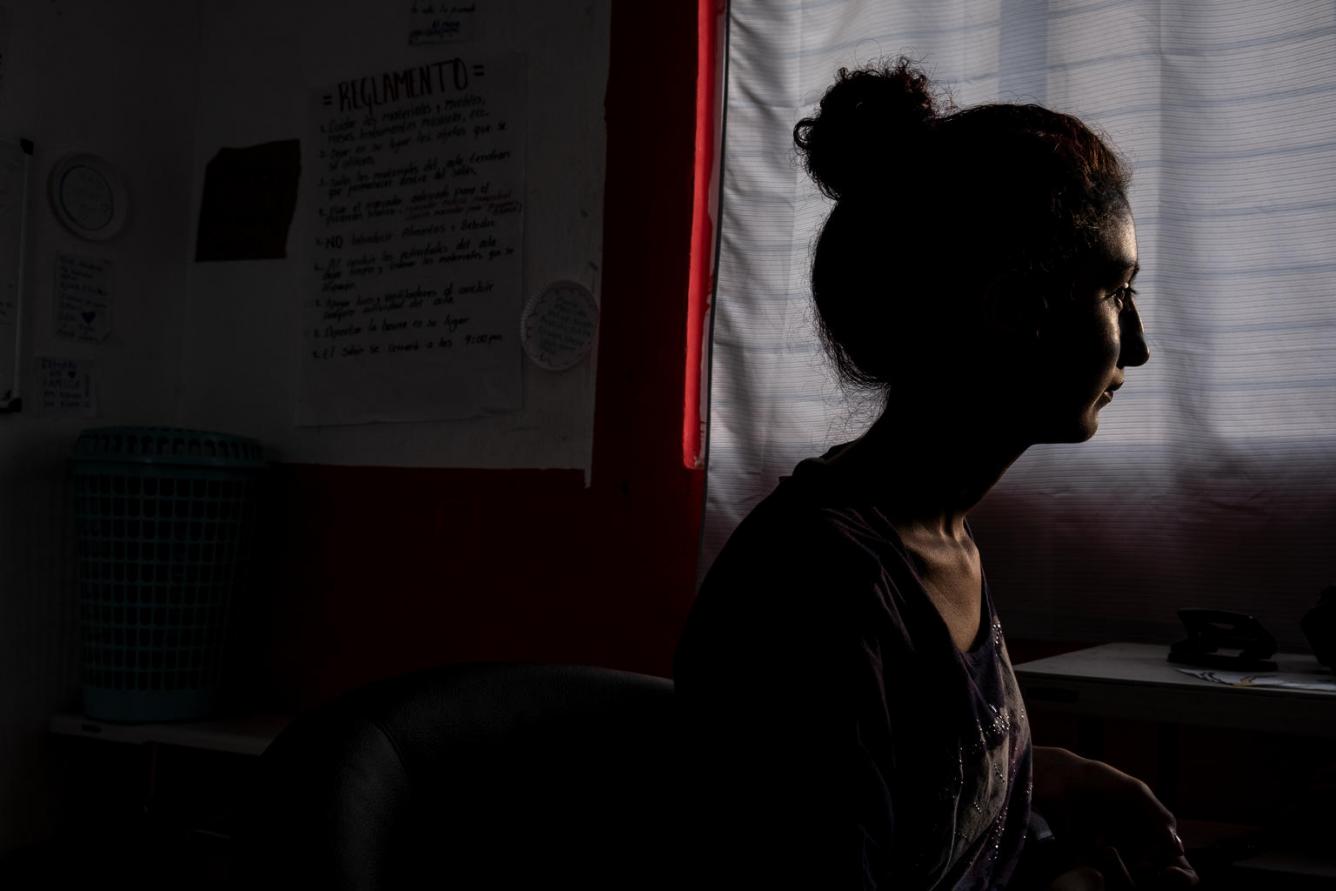
1) Addressing root causes at home
To help children and youth escape the cycle of poverty and disadvantage in Central America and Mexico, UNICEF and partners are supporting government authorities and service providers in expanding access to basic services including education and healthcare.
In addition, UNICEF is providing technical support to help governments improve the reach and effectiveness of cash transfer programmes, which aim to reduce poverty and enable access to services for children and women who otherwise might have to migrate.
UNICEF – in collaboration with our partners – is also providing psychosocial support and other assistance to children and families affected by gang activity and other forms of violence, including hotline numbers and the location of shelters that they can use to protect themselves from violence.
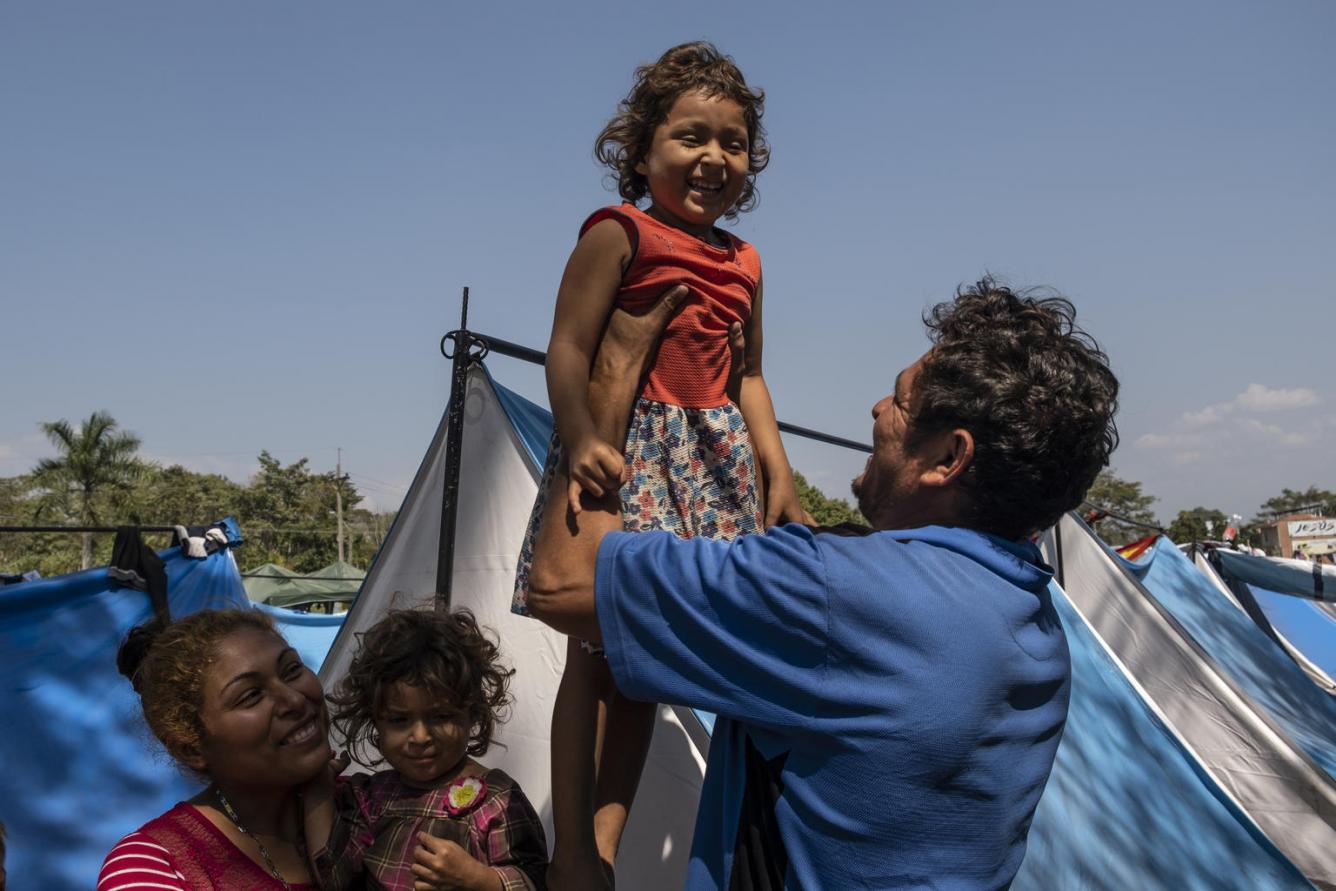
2) Protecting migrant children on their journey
In Guatemala and Mexico, UNICEF is working to strengthen consular protection for migrant and refugee children, including those who are apprehended or detained in transit. These programmes have developed child-sensitive interview techniques for consular officials, to identify a child’s protection needs and provide them with information about their rights and options. UNICEF is also working with consular offices to make sure they are able to provide psychosocial support.
Along migration routes in the region, UNICEF is working with shelters to provide tools and training on psychosocial ‘first aid’ for migrant children; including child-friendly materials on avoiding risks and where to seek help, if necessary.
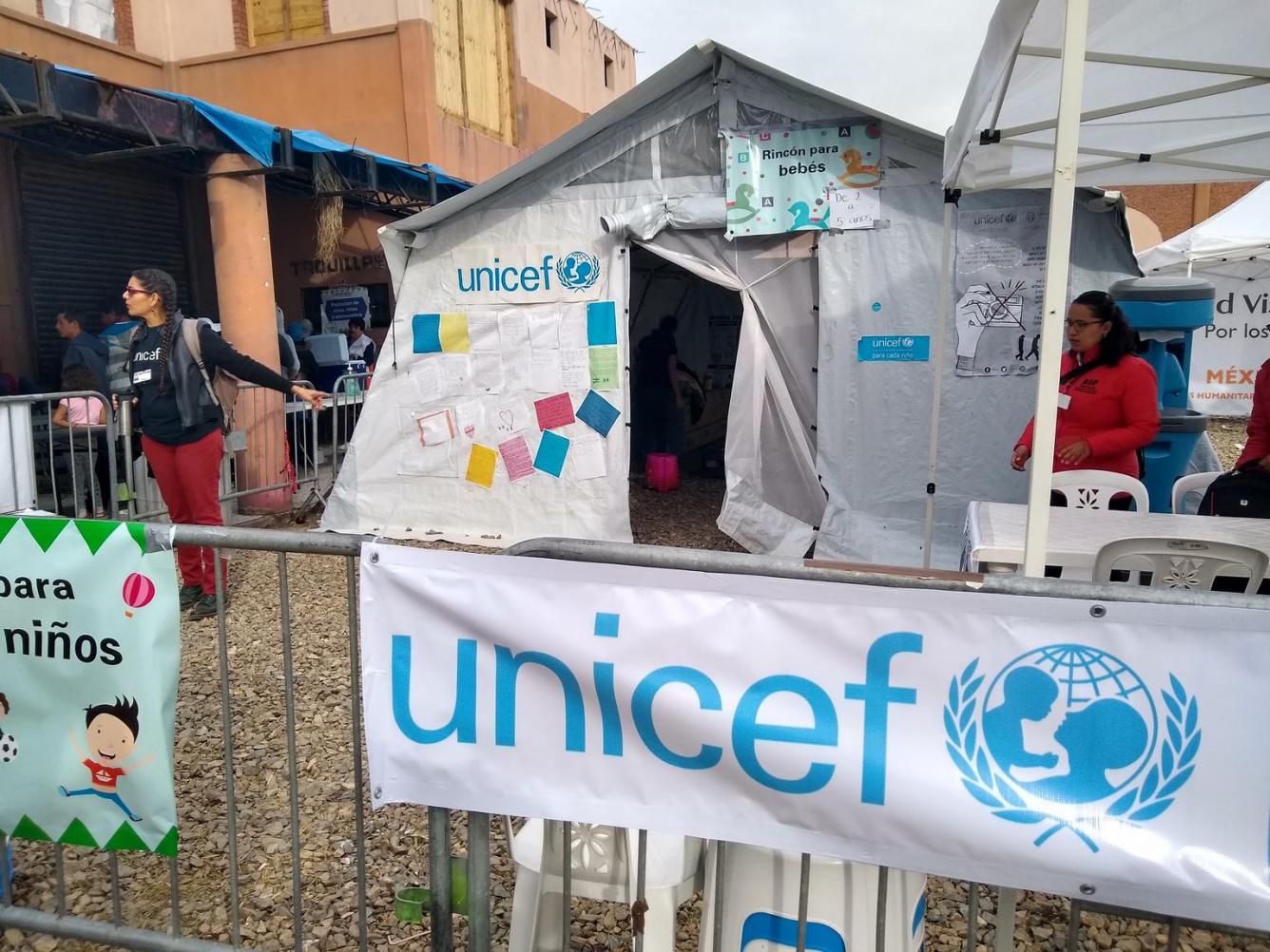
3) Alternative approaches to child detainment
In light of the risks posed by the detention of migrant children and separation from their families, UNICEF and partners are supporting a range of alternative approaches to detention and family separation – approaches that provide for the best interests of the child.
In Mexico, UNICEF is developing models for alternative care to prevent the detention of migrant children. In the state of Tabasco, UNICEF is supporting the implementation of an ’open-door’ shelter for migrant and refugee children. At this community-based residential care facility, children receive appropriate psychosocial support, have access to education and health services, and get legal information and assistance.
“Children should not be in unsafe environments that can cause toxic stress and irreparable harm to their health and development.” – UNICEF Executive Director Henrietta Fore
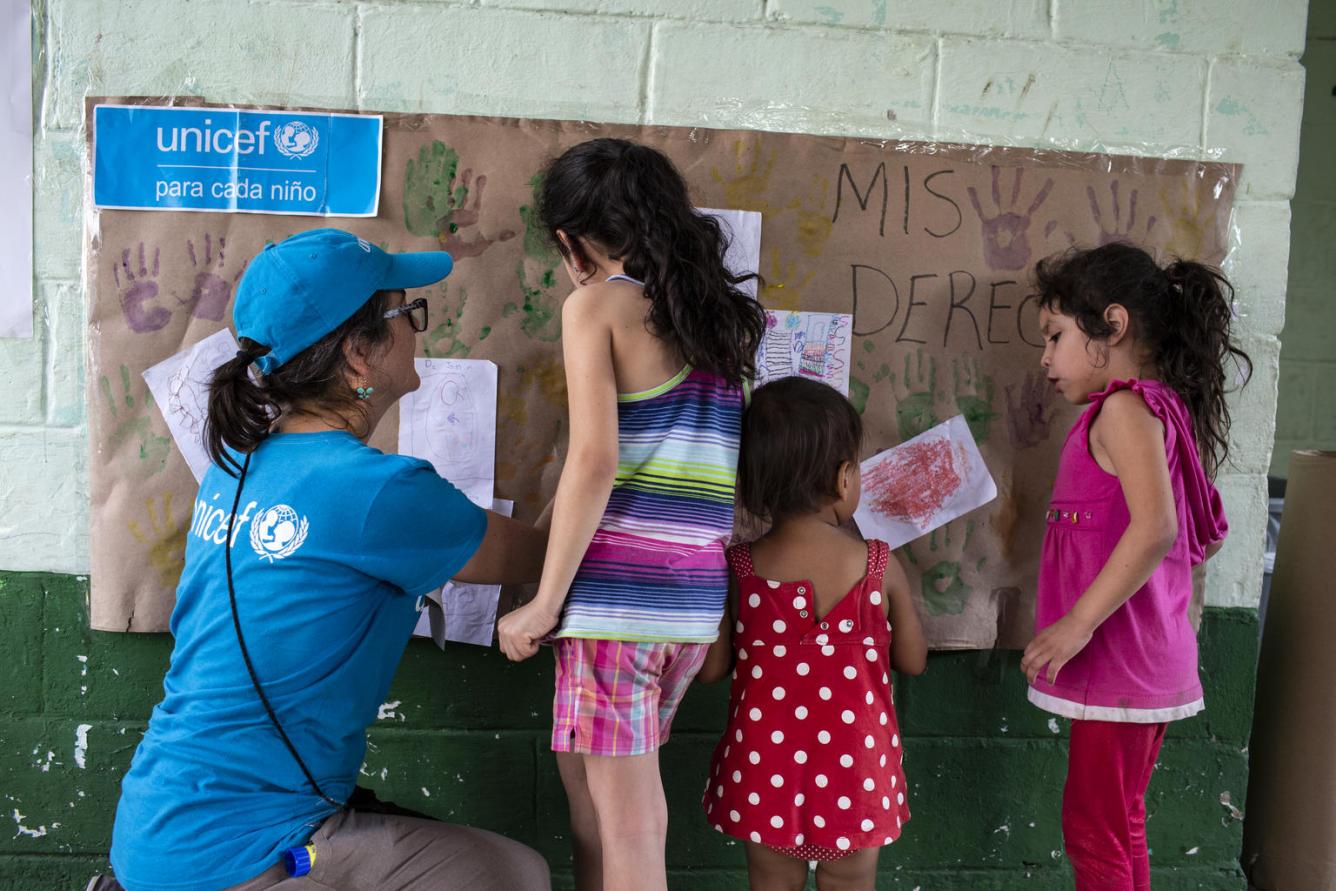
4) Reintegrating following deportation
To meet the multiple challenges of reintegration for migrant children and families who have been deported and returned to Central America and Mexico, UNICEF is supporting a variety of programmes focused on their security, health and well-being
In Honduras, UNICEF has developed a model for psychological support using a peer-to-peer approach. This model – which is being implemented in 21 municipalities – helps returning migrant children process their emotions and find motivation and strength during the reintegration process.
Throughout northern Central America and Mexico, UNICEF is working to provide psychosocial counselling for children and families who have endured violence, exploitation and abuse at different stages of the migration journey and upon their return. Given the size of the challenges and the extremely low number of trained counsellors across the region however, these efforts urgently need much more support – especially to assist deported migrant children.
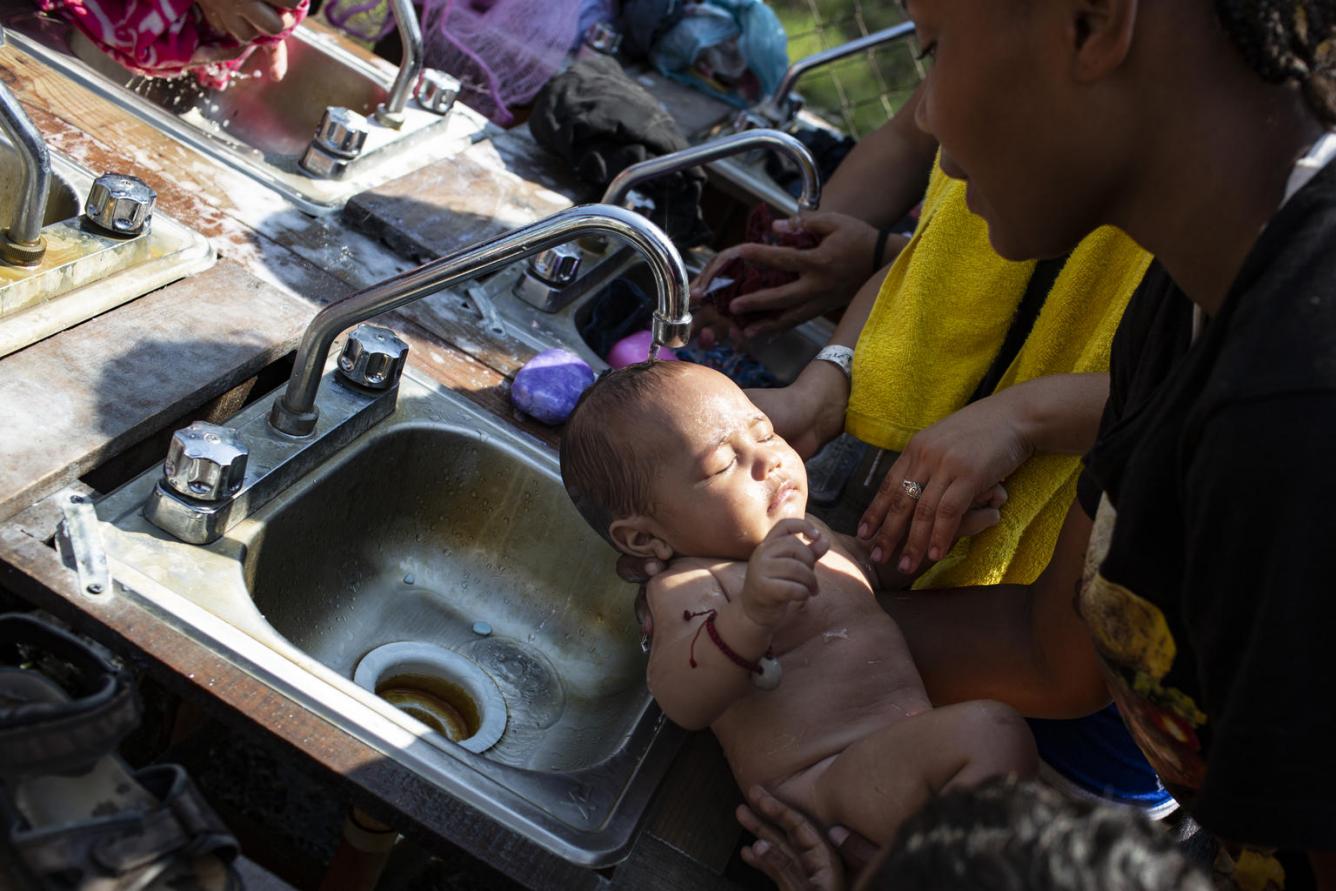
5) How can I help?
A child is a child first and foremost and they need to be protected.
The needs of uprooted children require serious commitment, resolve and resources, and you can help bring life-saving support to children in the region. By donating to UNICEF Canada, you are helping UNICEF continue its work across Central America and at the Mexico-US border and making sure children are being offered essential services.
